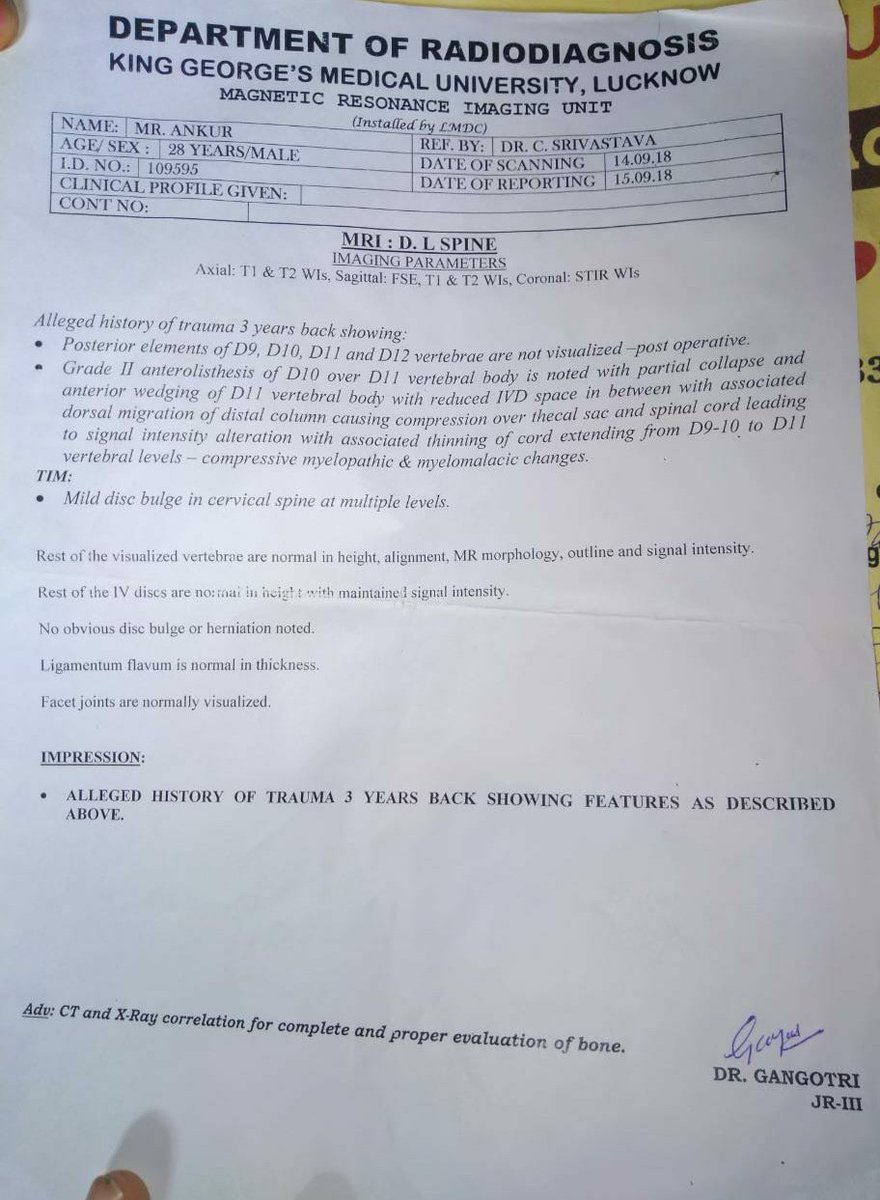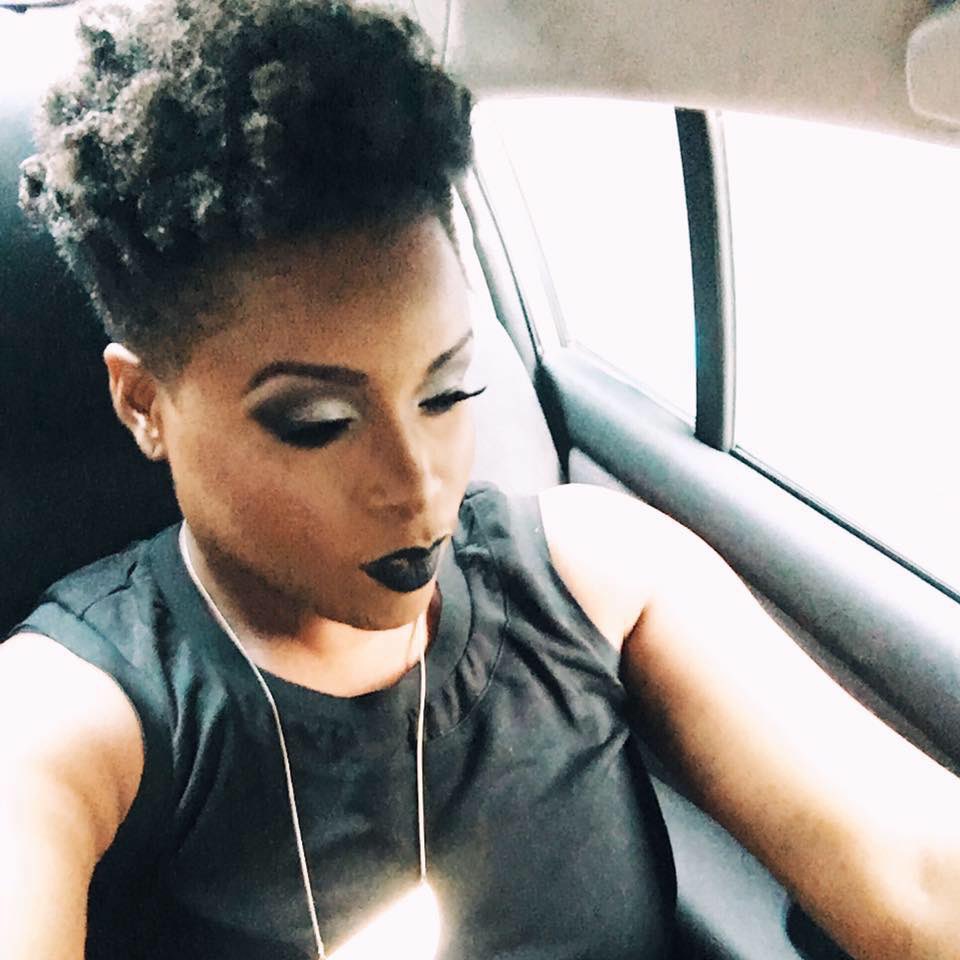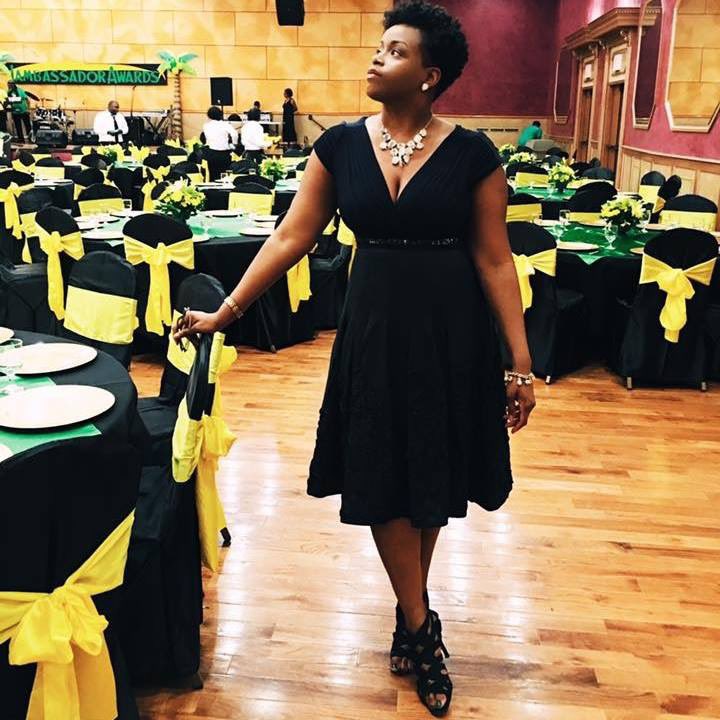A ceasefire was declared on July 15 1994, ending 100 days of carnage
It’s an event that looms large in my aid-worker family’s psyche
THREAD…with very distressing images
#Kwibuka25 #RwandanGenocide #genocide

They’d been aid-workers for decades. Dad was with the UN’s refugee agency. Mum, a child psychologist, worked with child soldiers.
One was shot clandestinely, from someone hiding in some bushes.
It showed a makeshift road-block with a few Tutsi cowering on the ground as a mob of Hutu, high on bloodlust circled and yawped and brayed around them.
Within hours of the President’s plane being shot down on April 6, senior Tutsi were being rounded up, the stockpiles of machetes released to the hounds and the local radio broadcasting calls to massacre.
Where the weapons were kept.
Who was doing the training.
Who was compiling lists of “cockroaches” to be eradicated.
Dallaire had asked for a few thousand extra troops to halt the massacres.
Instead, he was ordered out and the UN presence was reduced from 2500 to 300.
By staying in an effort to protect civilian life, they were disobeying orders.
The UN reminded Dallaire he had no mandate to protect people.
They couldn’t offer food, water or shelter.
They could only play a giant game of bluff with the genocidaires, count on them not knowing that they weren’t armed and that the world wouldn’t have cared if they been hacked up too.
The Senegalese soldier Captain Mbaye – personally credited with using he considerable charm to save hundreds of lives - was one of fifteen UN Peacekeepers who lost their lives.
bbc.co.uk/news/magazine-…
He self-harmed, became reckless, drove maniacally through checkpoints, taunted death, stormed up to the genocidaires, daring them to kill him.
They would surround Dallaire, touching him, reproaching him, the smell of their rotting corpses infecting the air he breathed, driving him insane.
That didn’t work, so he also went home and drank himself into oblivion every night.
When that failed he started slashing into his arms, hoping the physical pain might overwhelm the emotional agony.
“I know there is a God,” he said. “Because in Rwanda I shook hands with the devil. I have seen him, I have smelled him and I have touched him. I know the devil exists and therefore I know there is a God”.
He poured himself a whisky, sat down and started talking.
He had woken from a nightmare, as he did most nights, of me and my sisters being raped and murdered.
The night she came back I stayed up with her into the early hours of the morning as she drank herself into a state of utter despair, recounting what she had seen.
About 5000 Tutsi men, women and children had been hiding there when the gangs attacked, breaking down the doors with grenades.
Both were about 12.
Both were now orphans, their extended families butchered.
Mum returned to the girl’s plight again and again, both that night as she got drunker and drunker, and over the long, drunken years ahead.
She’d gotten blind drunk and climbed into a manhole in the corner of our garden.
One of my little sisters found her when she woke in the early hours to mumbling and wailing coming from outside.
Mum vomited all over my sister as she emerged, crying about ‘Marie’.
“Marie!”, my mother responded, irritated that my sister didn’t understand. “The girl in Rwanda! Marie!”
My sister took the echo of ‘Marie” and the smell of my Mum’s vomit into the exams she sat later that day.
None of the organisations my parents worked for offered any kind of psychological help to their employees, but the Swiss doctors who admitted her quickly diagnosed untreated PTSD from Rwanda.
Stories of obscene violence from the worse parts of the world became routine for her children, a normal backdrop to family life.

































